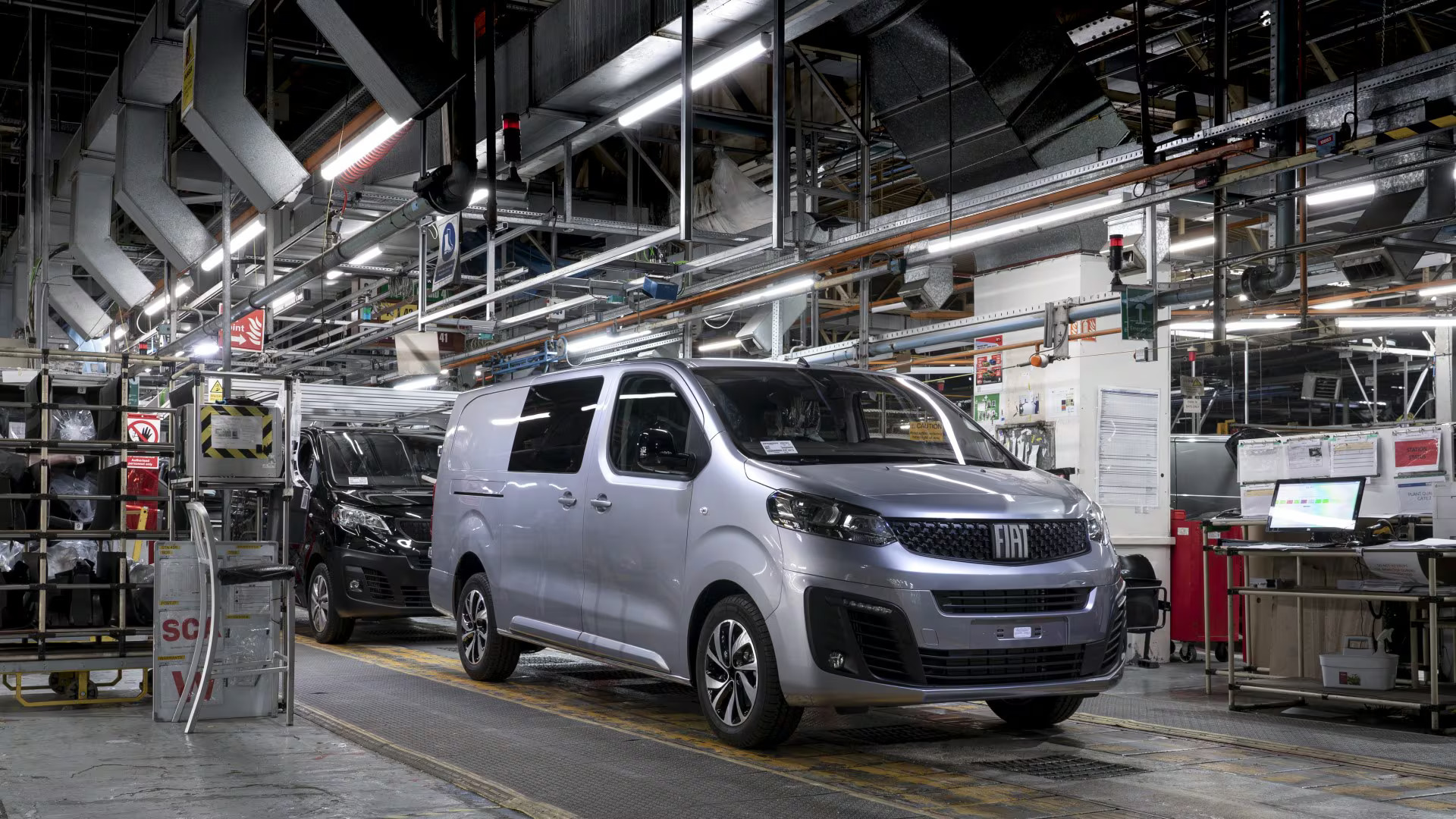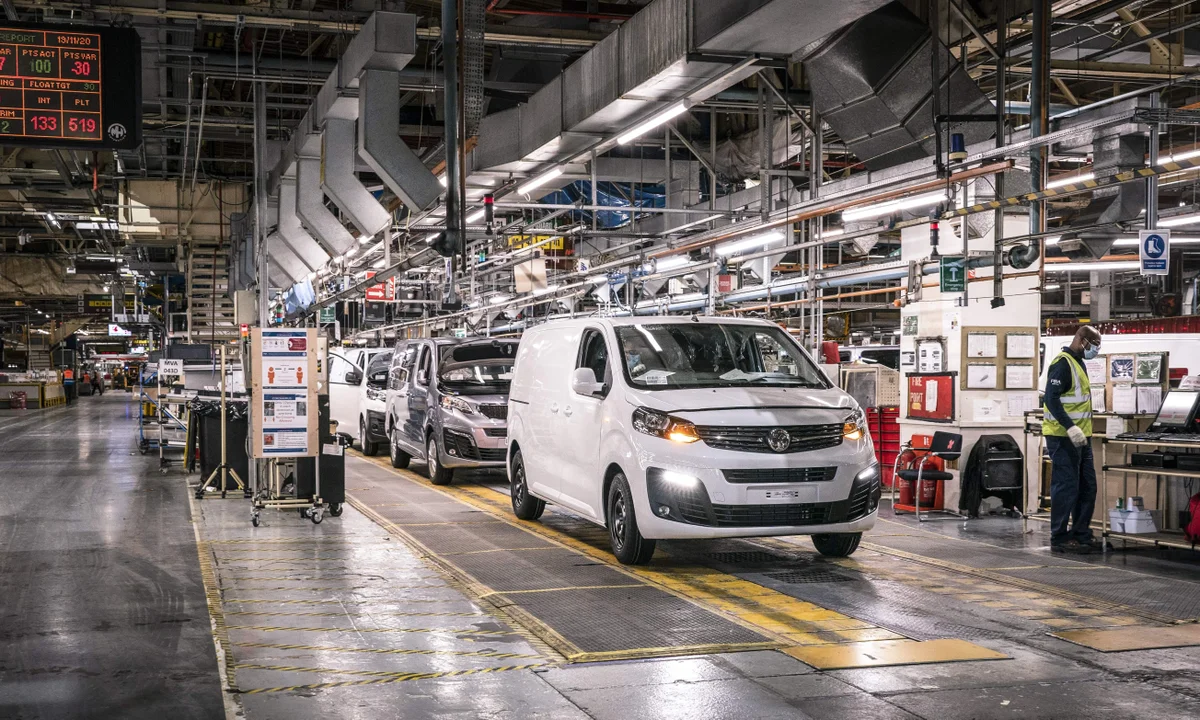Stellantis, the parent company of Vauxhall, has announced the closure of its van production plant in Luton, placing about 1,100 jobs at risk. The decision is part of a broader move to consolidate electric van manufacturing at Ellesmere Port in Cheshire, where Stellantis plans to invest £50 million. The company cited strict UK electric vehicle (EV) sales rules as a driving factor behind the decision. Unions, including Unite, have strongly opposed the closure, criticizing it as a betrayal of workers in Luton, which has a century-long history of vehicle manufacturing.
The UK government’s EV mandates, which require a steadily increasing percentage of vehicles sold to be zero-emission, have placed significant pressure on manufacturers. For 2024, EVs must comprise 22% of car sales and 10% of van sales, with penalties for non-compliance. Stellantis, alongside other carmakers, argues that weak consumer demand for EVs, combined with high interest rates and production costs, makes meeting these targets challenging. In response, the government has pledged to review the rules, acknowledging industry concerns about their impact on jobs and investment.

The closure of the Luton plant also reflects Stellantis’s strategic shift in operations. Originally slated to begin producing the Vivaro electric van by 2025, the plant’s production will now move to Ellesmere Port, which has been retooled to focus exclusively on EVs. While Stellantis emphasizes the efficiency gains and job creation at Ellesmere Port, the decision leaves many Luton workers uncertain about their futures. The company has offered relocation support, but the union Unite remains firm in its opposition, vowing to protect Luton’s manufacturing legacy.
The challenges faced by Stellantis are emblematic of broader struggles in the UK automotive sector. Major manufacturers, including Nissan and Ford, have expressed alarm over the EV sales mandates, arguing that the policies undermine the viability of domestic manufacturing. Despite a rise in EV sales—largely driven by unsustainable discounting—carmakers insist that additional government incentives are necessary to make electric vehicles more affordable and boost consumer confidence. The Society of Motor Manufacturers and Traders (SMMT) has warned of dire financial consequences for the industry if mandates are not adjusted.
The government, while reaffirming its commitment to the 2030 petrol and diesel ban, faces increasing pressure to address these challenges. Business Secretary Jonathan Reynolds has promised consultations on regulatory changes, but manufacturers and unions alike are calling for immediate action. As Stellantis’s Luton plant prepares to close, the automotive industry’s future hinges on balancing environmental targets with economic sustainability. The closure not only marks the end of an era for Luton but also underscores the urgent need for collaborative solutions to navigate the transition to zero-emission vehicles.

